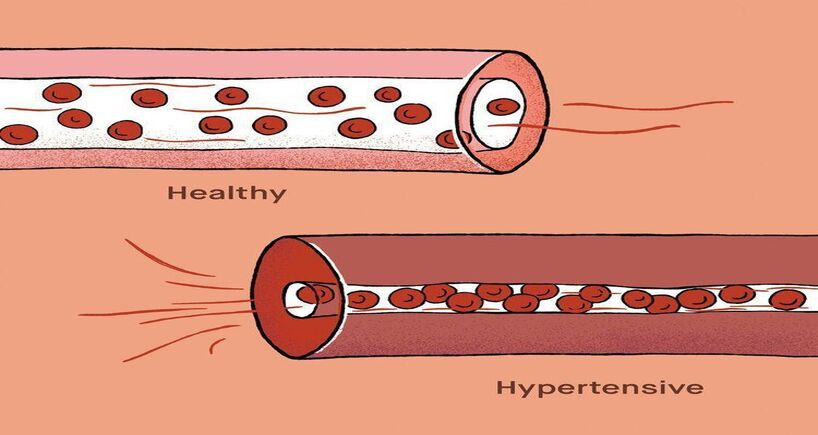
Hypertension: The Silent Smoldering Killer
In the realm of cardiovascular health, few adversaries are as insidious as hypertension. Often dubbed the "silent killer," hypertension quietly wreaks havoc on the body, laying the groundwork for potentially life-threatening complications. Let's delve into the shadowy depths of hypertension, uncovering its lurking dangers and shedding light on how to tame this stealthy foe.
Hypertension, or high blood pressure, occurs when the force of blood against the artery walls is consistently too high. This chronic elevation places undue strain on the heart and blood vessels, setting the stage for a cascade of health problems.
What makes hypertension particularly treacherous is its clandestine nature. Unlike overt symptoms that demand attention, hypertension often operates in stealth mode, silently damaging organs over time. According to World Health Organization (WHO), nearly 40% people are unaware of their elevated blood pressure until complications arise, underscoring the importance of routine screenings and vigilance.
Over time, it can damage arteries, leading to atherosclerosis (hardening of the arteries) and increasing the risk of heart attack, stroke, and heart failure. Additionally, hypertension can wreak havoc on vital organs such as the kidneys, eyes, and brain, heightening the risk of kidney disease, vision problems, and cognitive decline. Given its surreptitious nature, early detection of hypertension is paramount. Routine blood pressure checks are essential, serving as a vital tool in unmasking this silent assailant. Individuals with hypertension may not experience overt symptoms, making regular screenings a crucial component of preventive healthcare.
Fortunately, hypertension is a foe that can be subdued through lifestyle modifications and, when necessary, medical intervention. Adopting a heart-healthy lifestyle, characterized by a balanced diet rich in fruits, vegetables, and whole grains, regular exercise, maintaining a healthy weight, limiting alcohol consumption, and managing stress, can help rein in blood pressure levels.
The Role of Medical Intervention:
In some cases, lifestyle changes alone may not suffice to control hypertension. Medications, prescribed by a healthcare professional, may be necessary to lower blood pressure and mitigate the risk of complications. It's important for individuals with hypertension to adhere to their prescribed treatment regimen and attend regular follow-up appointments to monitor progress.
At Fortis Hospital, Gurugram, we understand the gravity of hypertension and its potential impact on overall health and well-being. Our team has some of the best cardiologists committed to providing compassionate care and comprehensive support to individuals grappling with hypertension. Starting from a dedicated history taking, clinical examinations followed by a comprehensive blood and urine analysis, including full lipid panel, thyroid/sugar levels, HbA1C and presence of protein in urine is done. We also undertake relevant heart related checkups like TMT, Echo, stress Echo, renal artery doppler, USG abdomen and if needed CT scans to detect hypertension related complications
Don't let hypertension lurk in the shadows—take control of your health today.
Categories
Clear allMeet the doctor

- Cardiac Sciences | Non-Invasive Cardiology
-
24 Years
-
1500



















